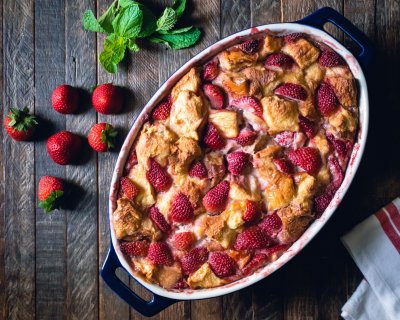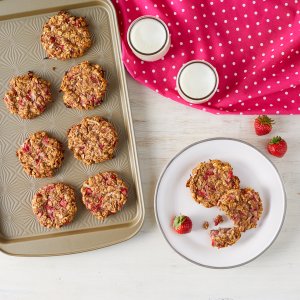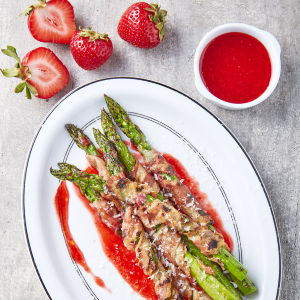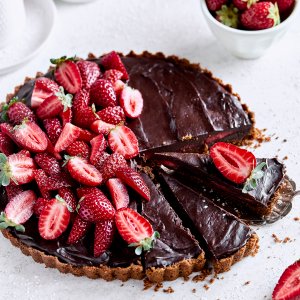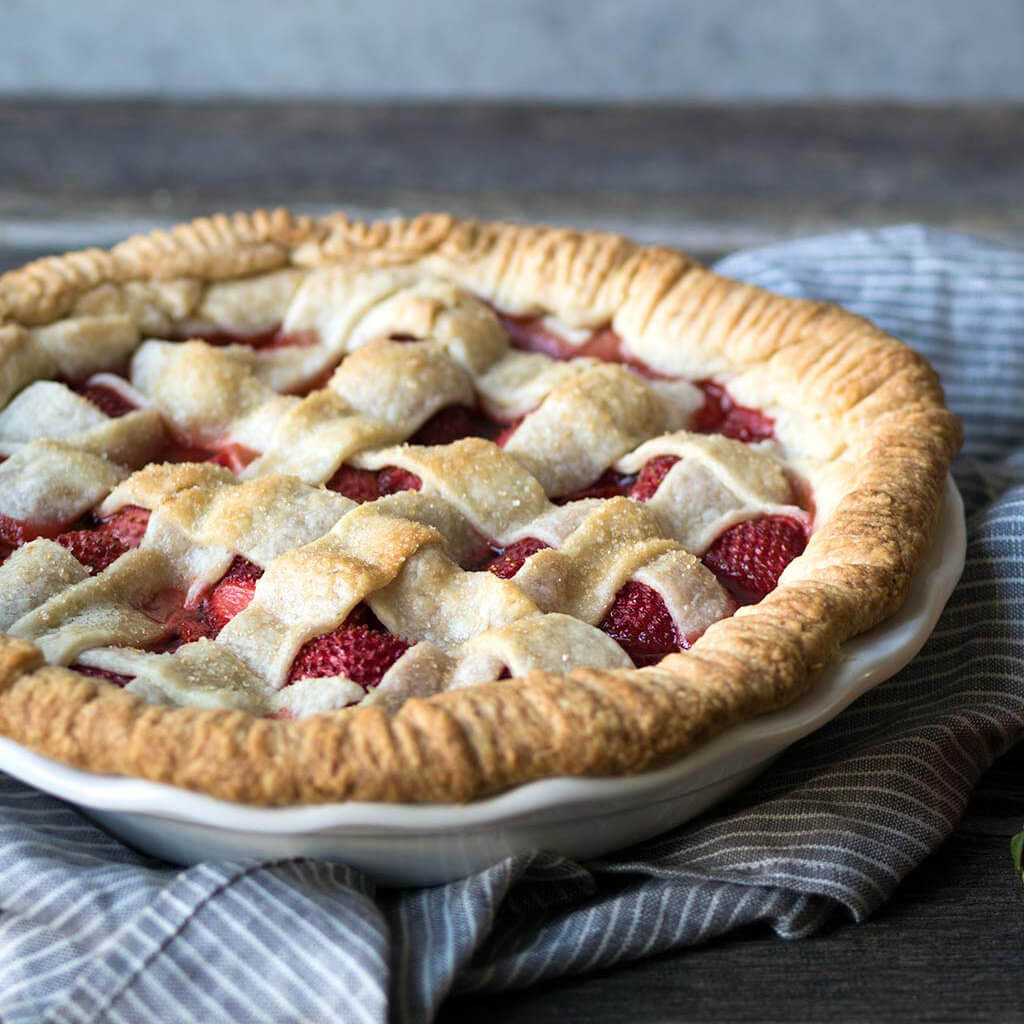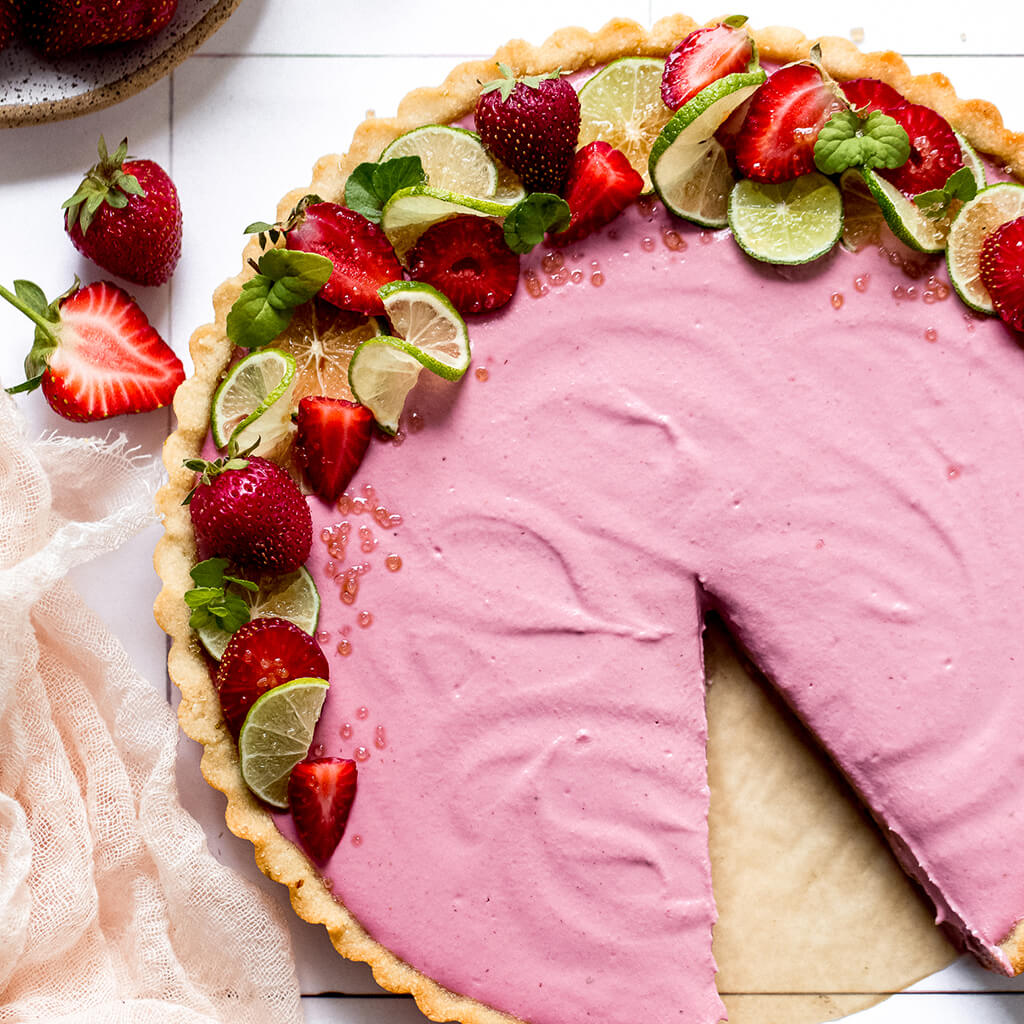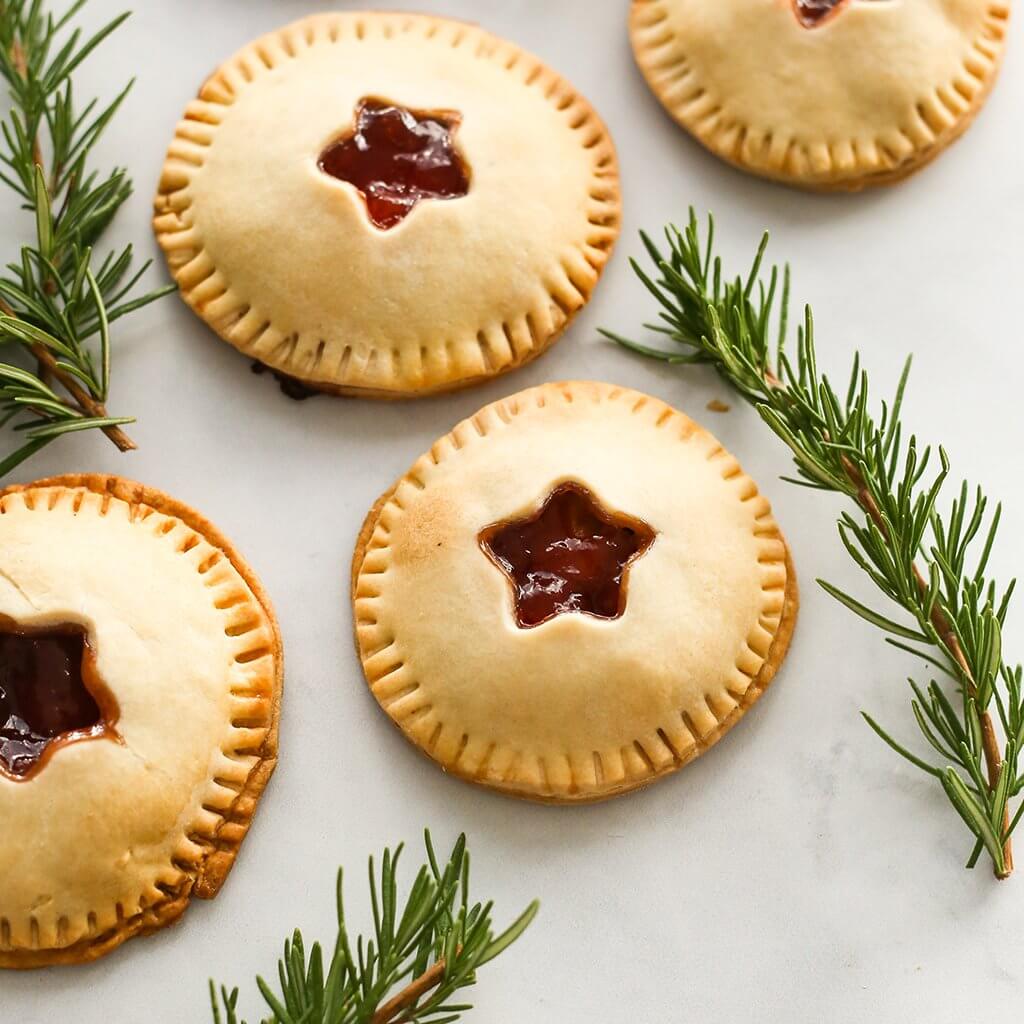As the end of year celebrations approach, the fear of holiday weight gain creeps in. Many people begin to assign holiday treats as “bad” foods and feel guilty about eating them. How real is holiday weight gain and should we let it dampen our holiday spirits?
Holiday Weight Gain- Myth or Reality?
The endless list of Google results for “holiday weight gain” is one indicator that people are concerned about indulging in holiday meals. The number of articles on the subject suggests that Americans gain a lot of unwanted weight between Thanksgiving and New Year’s Day.
Myth or reality? Although people believe they pack on the pounds around the holidays, the truth is that the average holiday weight gain is only about one pound. That being said, if someone gains one to two pounds every year, there is risk of becoming overweight or obese, contributing toward other health risks.
Naughty vs. Nice Foods
Trying to decide between enjoyable (“naughty”) and healthful (“nice”) choices can lead to stress and guilt. It’s important to remember that food- especially traditional family dishes and desserts- offer comfort, pleasure, and social connection. We can use more of that in 2020.
However, there is also the reality that too much sugar, saturated fat, sodium, and calories can negatively affect the body. Using the tips below, you can enjoy your holiday foods and be responsible for your health. In other words, plan ahead and own your decisions.
Tips to Prevent Holiday Weight Gain and Eating-Related Stress
Below are six tips to count on to help you enjoy holiday meals guilt-free while maintaining your weight and health.
1. Sleep. Less than 7-8 hours of sleep at night can send your body into overeating mode the next day. According to the National Sleep Foundation, too little sleep increases calorie intake in three ways:
- The hunger hormone ghrelin rises and the fullness hormone leptin decreases, signaling our bodies to eat more.
- Endocannabinoid, a neurotransmitter, increases in our blood when we don’t get enough sleep. Endocannabinoids bind the same brain receptors as cannabis, and makes eating high-fat munchies like cookies and cheese more enjoyable.
- With less sleep, there are more hours in the day to eat.
2. Eat breakfast. Eating breakfast with lean protein, fruit, and whole grains, can help control blood sugars throughout the day and prevent overeating when dinner is served. Here’s a make-ahead Healthy Strawberry Breakfast Cookie with whole grains and 3g of protein per serving.
4. Eat veggies first. While most of us want to dig into the mac & cheese and mashed potatoes, eating veggies first allows you to not only get your nutrition in, but the fiber in veggies can satisfy and prevent overeating of calorie-dense foods. Try this Grilled Asparagus with Strawberry Sauce.
5. Savor the holiday food. It took hours to cook, so why not let the dinner last long enough to show your gratitude? Eat it slowly, appreciate it, and enjoy it. By eating slowly, you give the body a chance to catch up and signal if it’s full or is ready for a slice of Chocolate Strawberry Tart. It takes about 20 minutes to recognize signals of fullness.
6. Exercise. Besides pleasuring your taste buds for a few seconds, energy is the point of fueling the body with delicious foods. The energy food provides should be used; otherwise it’s stored as fat and can lead to weight gain. Physical activity needs to be part of the holiday plan to keep the pounds off and maintain health. This can be a simple walk around the neighborhood before or after dinner, or an active Wii session with the kids. Adults are recommended to get at least 150 minutes of moderate exercise per week.
Nourishment for the Body & Soul
Eating nourishes the body and soul. Associating guilt or shame with food can lead to an unhealthy relationship with it. Instead, create a plan to participate in holiday meals and treats AND maintain your health and weight at the same time.
Even if you stray from your plan one night during the holiday season, don’t throw in the towel. Weight and health goals don’t need to be discarded as failures because of an extra slice of strawberry pie. Look at food positively and know that you can exercise later, return to your plan tomorrow, and nurture yourself with wholesome foods even if they include brown sugar and butter!
Happy Holidays!

